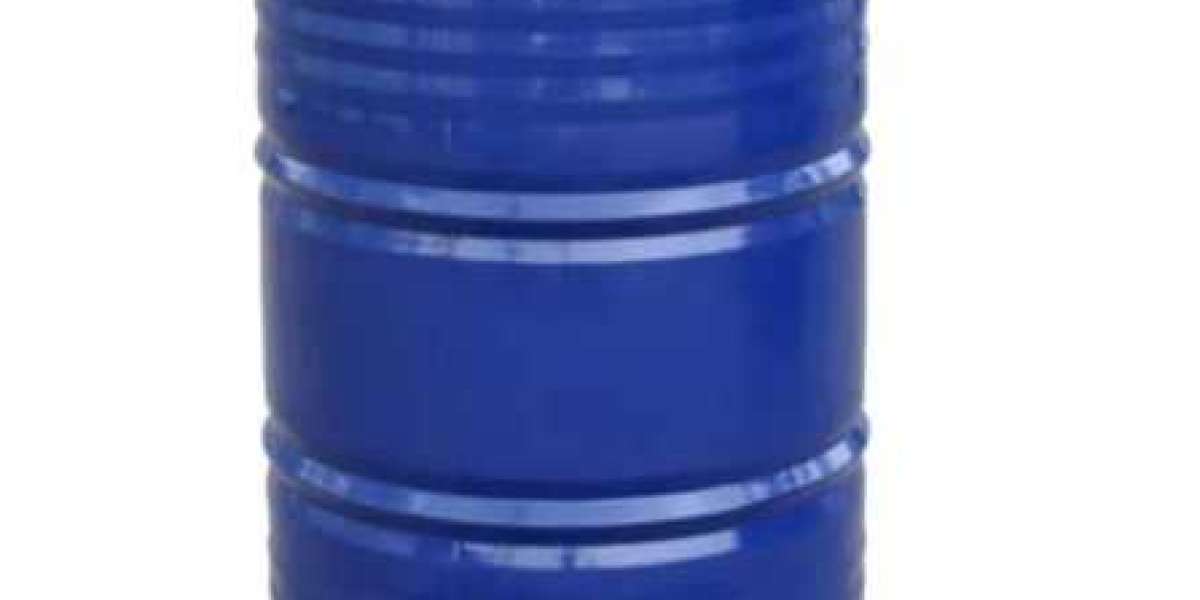In today's world, finding sustainable solutions for various industries is crucial for minimizing environmental impact. The lubrication industry is no exception. Polyalphaolefin (PAO) has emerged as a leading environmentally friendly lubricant choice, offering numerous benefits over traditional petroleum-based lubricants. As a pioneering company in sustainable lubrication solutions, Qixi aims to shed light on the advantages and applications of PAO. In this article, we will explore the unique properties of PAO, its environmental benefits, and its role in promoting sustainability.
I. Understanding Polyalphaolefin (PAO)
What is Polyalphaolefin (PAO)?
Polyalphaolefin (PAO) is a synthetic hydrocarbon that serves as an excellent base oil for lubricants. It is produced through the polymerization of alpha-olefins, resulting in a versatile and high-performance lubricant.
Properties of PAO:
PAO possesses several desirable properties that make it an ideal choice for lubrication. It offers excellent thermal stability, oxidation resistance, low volatility, and a broad operating temperature range. Moreover, PAO has a high viscosity index, ensuring consistent lubrication performance across various temperatures.

II. Advantages of Polyalphaolefin (PAO) over Traditional Lubricants
Enhanced Lubrication Performance:
PAO's unique molecular structure provides superior lubricating properties compared to conventional lubricants. Its low traction coefficient reduces friction, resulting in improved energy efficiency and reduced wear and tear on machinery.
Extended Equipment Life:
PAO's exceptional thermal stability and oxidation resistance contribute to increased equipment life. It reduces the formation of deposits, sludge, and varnish, leading to cleaner and more efficient machinery.
Wide Operating Temperature Range:
PAO's ability to perform consistently across a broad temperature range makes it ideal for applications that experience extreme conditions. It retains its lubricating properties even in high-temperature environments, ensuring optimal equipment performance and protection.
III. Environmental Benefits of Polyalphaolefin (PAO)
Reduced Environmental Impact:
PAO is a synthetic lubricant that is biodegradable and non-toxic to the environment. Compared to petroleum-based lubricants, PAO has a significantly lower carbon footprint and does not contribute to soil or water pollution.
Energy Efficiency:
PAO's low traction coefficient and excellent lubricating properties translate into improved energy efficiency. By reducing friction, PAO lubricants minimize energy consumption and contribute to overall sustainability efforts.
Extended Oil Change Intervals:
PAO's exceptional thermal and oxidative stability allow for longer oil change intervals. This reduces the amount of lubricant waste generated and minimizes the environmental impact associated with frequent oil changes.

IV. Applications of Polyalphaolefin (PAO)
Automotive Industry:
PAO is widely used in the automotive industry, particularly in engine oils, transmission fluids, and gear oils. Its excellent viscosity-temperature characteristics and oxidation resistance make it an ideal choice for high-performance applications.
Industrial Machinery:
PAO finds extensive applications in various industrial machinery, including compressors, hydraulic systems, and gearboxes. Its ability to withstand extreme temperatures and provide consistent lubrication makes it a reliable choice for demanding industrial environments.
Food and Beverage Industry:
PAO is suitable for use in the food and beverage industry due to its non-toxic nature and compliance with food-grade standards. It is utilized in the lubrication of food processing equipment, ensuring both safety and performance.
V. Qixi: Pioneering Sustainable Lubrication Solutions
Research and Development:
Qixi is committed to constant innovation and research to develop cutting-edge lubrication solutions. Our focus on sustainable alternatives, such as PAO, helps promote environmental responsibility without compromising performance.
Customer Education and Support:
Qixi provides comprehensive education and support to customers, guiding them in choosing the most suitable lubrication solutions for their specific needs. We collaborate closely with clients to optimize lubricant usage, extend equipment life, and reduce environmental impact.

Conclusion
Polyalphaolefin (PAO) has revolutionized the lubrication industry by offering a sustainable and high-performance alternative to traditional petroleum-based lubricants. Its exceptional properties, extended equipment life, and reduced environmental impact make it an ideal choice for various applications. Qixi, as a pioneering company in sustainable lubrication solutions, continues to drive innovation and promote the use of PAO for a greener and more sustainable future. By choosing PAO, industries can simultaneously optimize performance, reduce environmental footprint, and contribute to a more sustainable planet.







